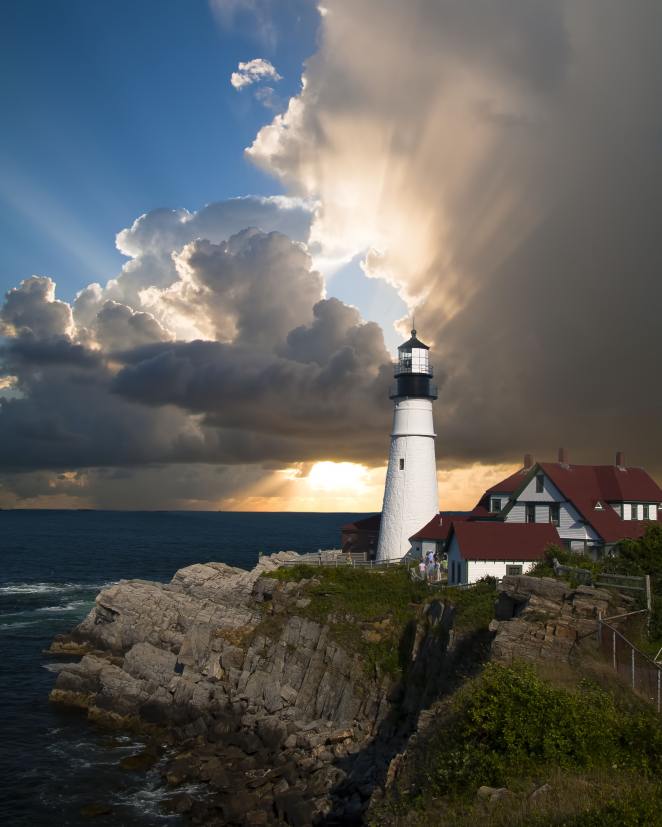
Today I share a repeat post because the purpose of pausing to consider the cost of freedom doesn’t end.
Today in the United States we pause to celebrate Memorial Day.
Most will celebrate it with picnics, boating, ball games, swimming, family, and friends. A few will pause for those remaining public celebrations to commemorate the day. Fewer still will visit the graves of those fallen for the sake of freedom or know when this commemoration began or the cost for those who gave us the freedom to celebrate it.
Originally it was called Decoration Day and that is the name I recall when I was a young child. Its purpose? To provide a day of remembrance for those who have died in service of the United States of America.
It was born out of the United States Civil War and a desire to honor our dead. General John Logan, national commander of the Grand Army of the Republic, proclaimed the day officially on May 5, 1868, and asked that the 30th of May 1868 be designated for the purpose of strewing the graves of those who had died in the defense of their country with flowers and flags.
Most of us would not recall that Memorial Day began with that bloodiest of all United States wars. The country would be torn in two with the Union of the North raising an army of 2,128,948 and the Confederacy of the South mustering a total of 1,082,119 troops. It was a war that would be fought in thousands of places from southern Pennsylvania to Texas, from New Mexico to Florida with most of the battles fought in Virginia and Tennessee.
Between April 12, 1861, when Fort Sumter, South Carolina, was fired upon until April 9, 1865, when General Robert E. Lee surrendered to General Ulysses S. Grant at the McLean House in Appomattox Court House, Virginia, 620,000 would die for the cause they believed in. They would die from combat, accident, starvation, and disease. Of that number, the three-day battle on the fields around Gettysburg, PA, in 1863, would see the largest number fall. A total of 51,000 would be dead by the end of the battle.
It can be easy to forget how significant the losses were during the Civil War. Yet, our love for freedom would stir the hearts of others to serve in battles far from our own coastline. In World War II 405,399 would give their lives following the brutal conditions faced during World War I when 116,516 would fall in battle.
Of course, these would not be the only battles where men and women would give their lives for the cause of freedom. In Vietnam we would sacrifice 58,209 and in Korea we would lose 36, 516.

To establish this nation, 25,000 would die in the Revolutionary War. Another 20,000 would die in the War of 1812 and 13,283 in the Mexican War. The Spanish-American War would result in a loss of 2,446.
More recently 6,626 would be lost in battle in Iraq and Afghanistan with another 258 falling during the Gulf War.
How much do we value this freedom?
How much do we take it for granted or use it to serve our own ends rather than for the good of our brothers and sisters?
When we speak of a fight for freedom, men, and women, despite their fear or condition, held the value for liberty and the release of tyranny so foremost among their beliefs that they were willing to leave those they loved most to serve those they had never met.

As I took time to visit a small country cemetery in Ohio near where I live, I was struck as I always am by the number of American flags that had been placed on the graves of our veterans. This cemetery is adjacent to a church founded in the 1840’s.
In the oldest part of the cemetery where the gravestones are often not readable, I found flags adorning the graves of two Civil War veterans. One had died in 1865 and another in 1866. I read their names: James Turner and James Shaw. I wondered what they had seen in their time on the battlefield and if their deaths shortly after the war came because of wounds that never healed.

We can never repay the debt we owe to so many.
We can also never repay the debt we owe to the One who came to give us grace and freedom from sin, the One who suffered for us at great expense to purchase what we could not gain without His payment.
During all the fun and celebrating we may do this day, let us not forget to be thankful, to sober our hearts, to give thanks for so many who gave all they had for our sakes. Let us also thank God for His love beyond measure in what He sacrificed for us.
Freedom is never free.
Others will always want to take it from us, to enslave us. Let us remember to cherish it, not abuse it for our own selfish ends, or fail to recognize the responsibility we must uphold and guard it because of the great cost paid to grant it.














